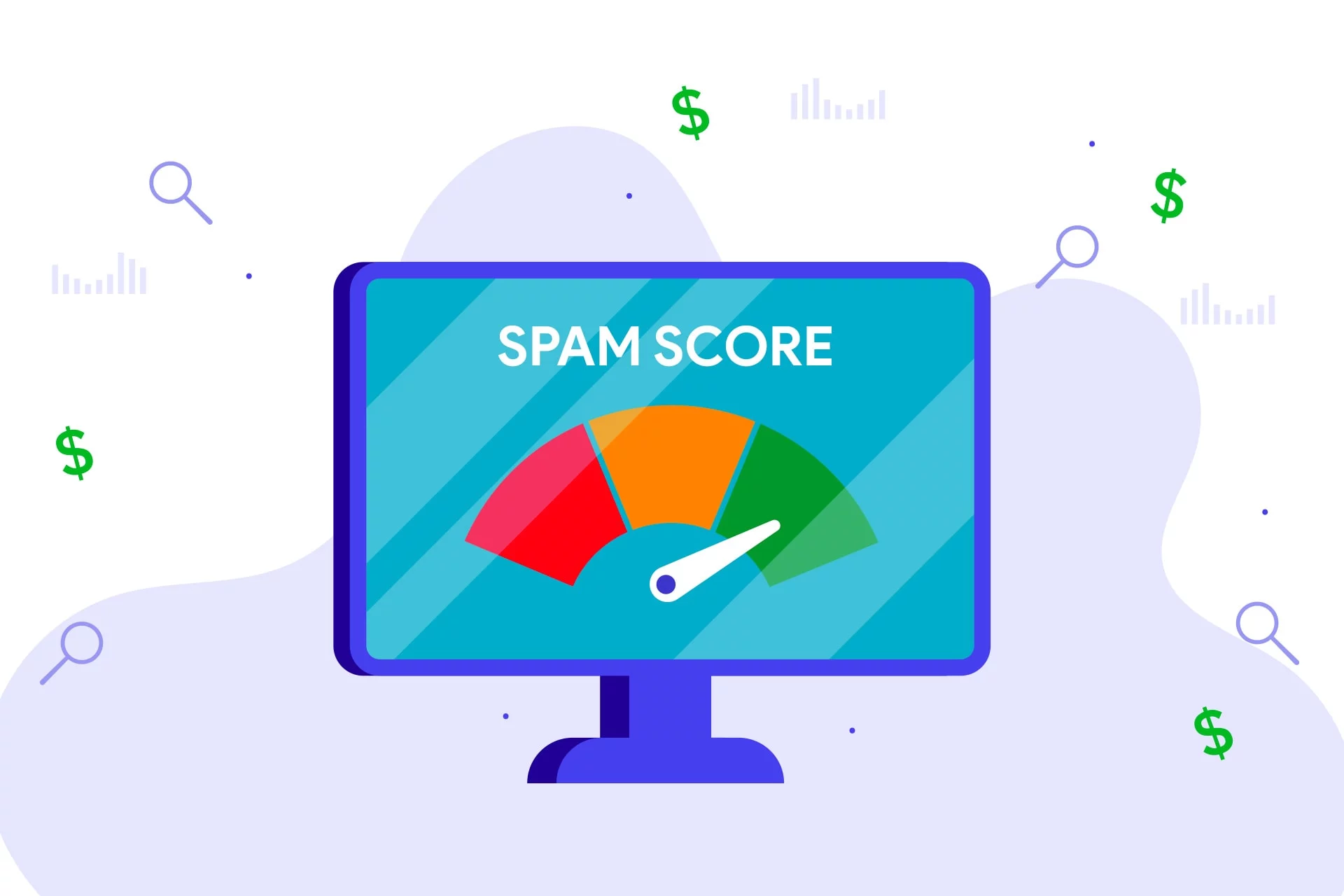Search Engine Optimization (SEO) is the practice of improving the quantity and quality of traffic to a website from search engines through organic search results. It involves optimizing various factors on a website to make it more attractive to search engines and rank higher in search results. In this article, we will explore the basics of SEO, its importance, and how to optimize a website for search engines.
What is SEO?
Definition of SEO
SEO refers to a set of techniques and practices aimed at improving the ranking of a website on search engine results pages (SERPs). It involves optimizing the content, structure, and coding of a website to make it more attractive to search engines and rank higher in search results.
Types of SEO
There are two main types of SEO: on-page optimization and off-page optimization. On-page optimization involves optimizing the content and structure of a website to make it more attractive to search engines. Off-page optimization involves building backlinks to a website to improve its authority and credibility.
Why is SEO important?
Increased visibility
SEO is important because it helps increase the visibility of a website on search engines. The higher a website ranks on search engine results pages, the more visible it is to potential customers.
Increased traffic
SEO also helps increase traffic to a website. Websites that rank higher on search engine result pages receive more clicks and traffic than those that rank lower.
Increased credibility
SEO can also help improve the credibility and authority of a website. Websites that rank higher on search engine results pages are generally seen as more credible and authoritative by users.
How to optimize a website for SEO?
Keyword research
Keyword research is the process of identifying the keywords and phrases that potential customers use to search for products or services in a particular niche. These keywords and phrases can be used to optimize the content of a website.
On-page optimization
On-page optimization involves optimizing the content and structure of a website to make it more attractive to search engines. This includes optimizing the meta tags, headings, images, and internal linking structure of a website.
Off-page optimization
Off-page optimization involves building backlinks to a website to improve its authority and credibility. This can be done through guest blogging, social media marketing, and other link building strategies.
Technical optimization
Technical optimization involves optimizing the technical aspects of a website to make it more attractive to search engines. This includes optimizing the website’s load speed, mobile responsiveness, and security.
Conclusion
SEO is a critical component of digital marketing that can help businesses increase their visibility, traffic, and credibility. By following the best practices of SEO, businesses can optimize their website for search engines and improve their online presence.
FAQs
On-page SEO involves optimizing the content and structure of a website to make it more attractive to search engines. In contrast, off-page SEO involves building backlinks to a website to improve its authority and credibility.
Keyword research is the process of identifying the keywords and phrases that potential customers use to search for products or services in a particular niche.
Technical optimization involves optimizing the technical aspects of a website to make it more attractive to search engines. This includes optimizing the website’s load speed, mobile responsiveness, and security.
The time it takes for SEO to work depends on various factors, such as the competitiveness of the niche and the effectiveness of the SEO strategies used.
SEO is important for businesses because it can help increase their visibility, traffic, and credibility on search engines, ultimately leading to more sales and revenue.
Updating your website regularly with fresh and relevant content is essential for SEO. However, there is no set frequency for updates as it depends on various factors such as the type of website and industry. Generally, updating your website once or twice a week is recommended.
Yes, social media can indirectly affect SEO. While social media activity does not directly impact search rankings, it can drive traffic to your website, increase brand awareness, and attract backlinks, improving your website’s search engine visibility.
Some best practices for on-page SEO include optimizing the title and meta tags, using relevant and keyword-rich content, using header tags (H1, H2, H3) to structure content, optimizing images, and improving page load speed.
No, paid search (or pay-per-click advertising) is different from SEO. The paid search involves paying to appear at the top of search engine result pages for specific keywords, while SEO involves optimizing a website to appear organically in search results.
There are various metrics that can be used to measure the success of SEO efforts, such as search engine rankings, organic traffic, conversion rates, bounce rates, and backlinks. Regular monitoring and analysis of these metrics can help determine the effectiveness of your SEO strategy and identify areas for improvement.






